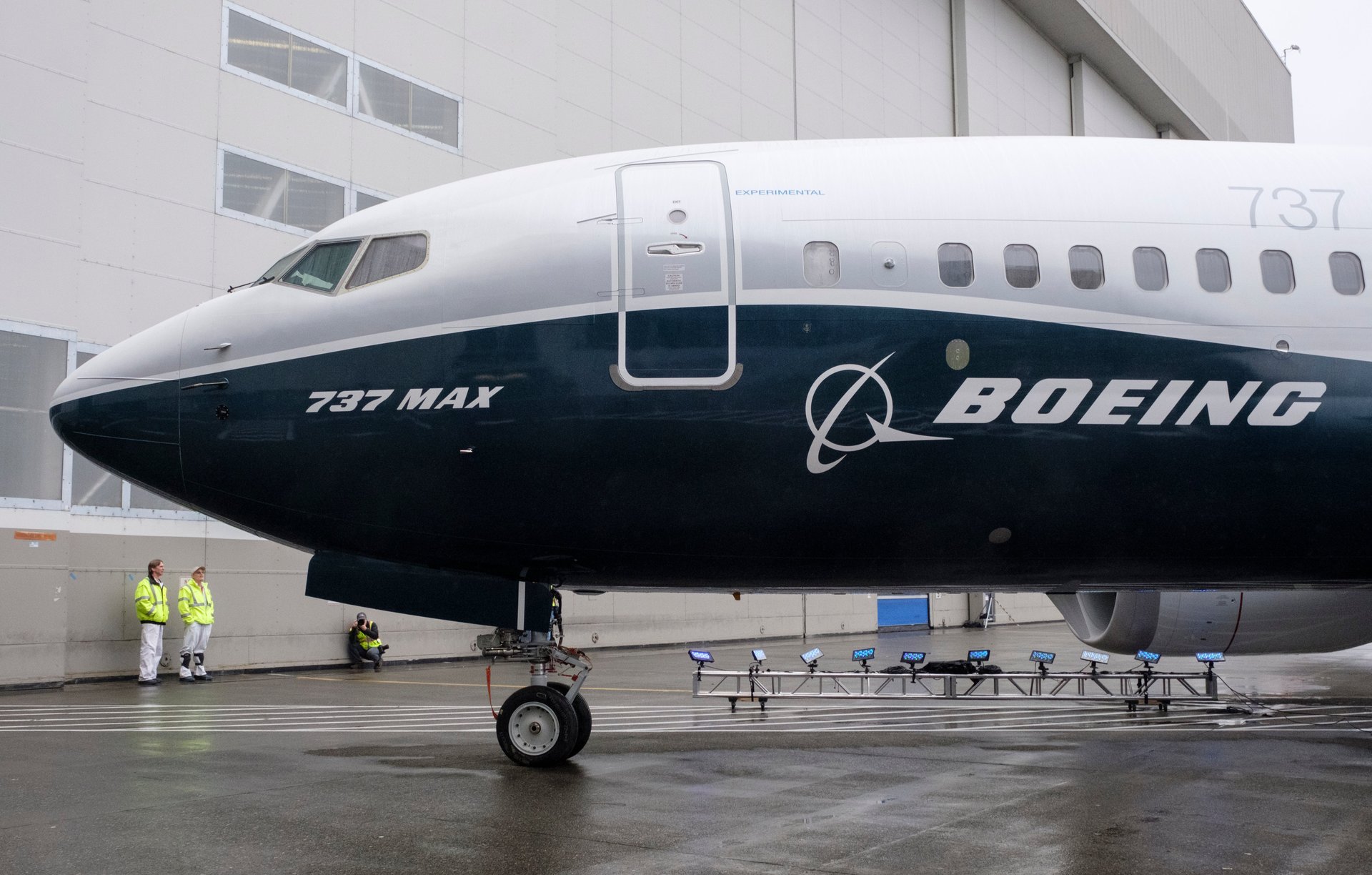Boeing workers are officially on strike after overwhelmingly rejecting the company's offer
96% of the 30,000 Boeing machinists in the Seattle and Portland areas wanted to strike

More than 30,000 workers at Boeing (BA) have officially chosen to go on strike after rejecting the aerospace company’s preferred contract by an overwhelming majority.
Suggested Reading
According to the International Association of Machinists union District 75, 94.6% of the workers it and W24 Machinists represent on Thursday voted to reject the union’s tentative agreement with Boeing. Ninety-six percent of those workers voted in favor of a strike, which began at midnight on Friday.
Related Content
“This is about respect, this is about addressing the past, and this is about fighting for our future,” IAM District 751 President Jon Holden said Thursday evening, Reuters reports.
The union’s leadership, including Holden, had advocated for workers to accept the contract, although its members across the Seattle and Portland areas were unsatisfied.
The deal, had it been approved, would have given workers 25% wage increases by the end of the four-year contract, which would expire in September 2028. It would also provide members with higher minimum rates, reduced mandatory overtime, and a voice in the safety and quality of Boeing’s production system and ensure that Boeing’s next commercial airplane is built in Washington state and Oregon.
But workers had hoped for a 40% pay hike, along with other demands that were not met, including a return of their traditional pension that was given up in 2013. Jeffries (JEF) analysts recently estimated that a 40% raise would add 2% to the planemaker’s cash needs, or $1.5 billion more than its current baseline.
The IAM’s strike marks the first for Boeing since 2008, when the union’s workers on the West Coast went on an eight-week labor stoppage that cost the company about $100 million a day in deferred revenue.
Boeing needs these workers to put together its key 737 Max jetliners, which IAM 751 manufactures in Washington. Although the Federal Aviation Administration has capped the number of the planes that Boeing can build after a door plug blowout earlier this year exposed quality control problems, the firm still needs to crank out every unit that it can.
“I know the reaction to our tentative agreement with the IAM has been passionate,” CEO Kelly Ortberg reportedly told the workers ahead of the vote. “I understand and respect that passion, but I ask you not to sacrifice the opportunity to secure our future together, because of the frustrations of the past.”